Facts and Figures
What sets the University of Michigan-Dearborn apart?
UM-Dearborn opens the door to opportunity. We offer a nationally ranked, practiced based, affordable education, small class sizes, renowned faculty and an extensive alumni network. Our students come from all over the world – and right here at home. They graduate into rewarding, high-paying careers, helping to drive Michigan’s economy. We take tremendous pride in our outsize impact in southeast Michigan and in supporting students from diverse backgrounds on their journey to success.
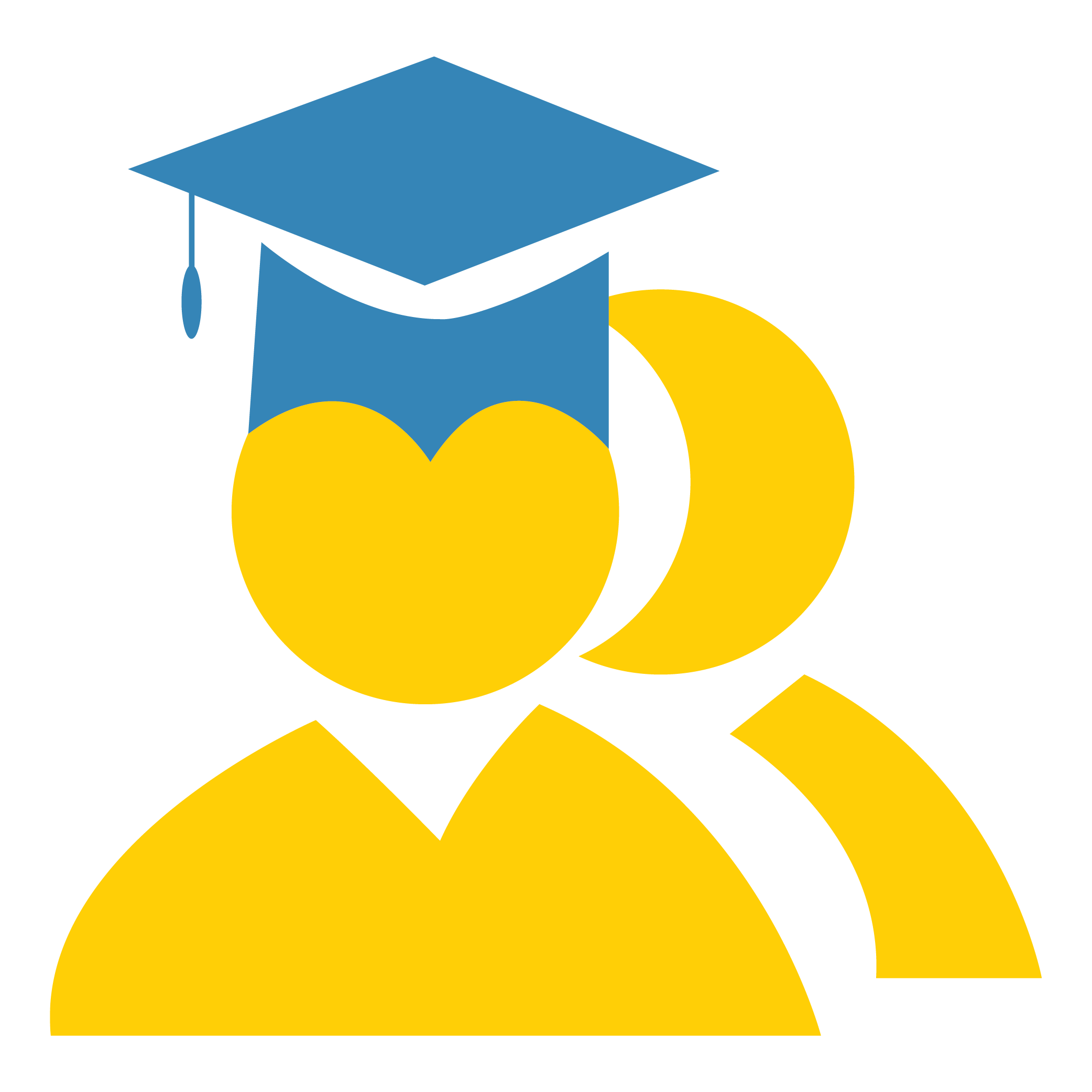
8,104 students
6,187 Undergraduate, 1,782 Graduate and 135 Doctoral
Academic Year 2024-2025
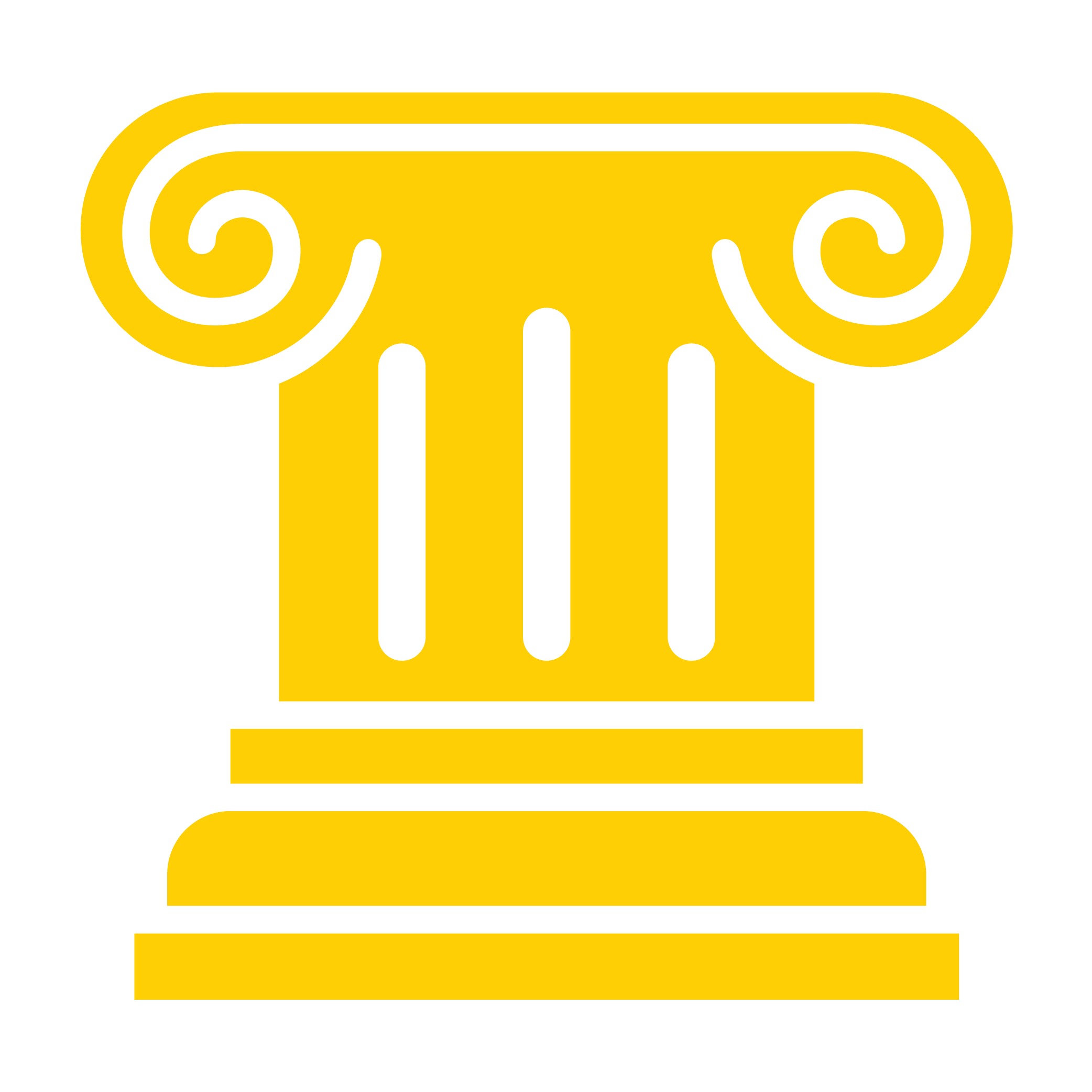
2,248 degrees granted
1,378 Bachelor's, 850 Master's, and 20 Doctoral
Academic Year 2023-2024
Undergraduate Students

3.7
Average GPA of incoming first-year class
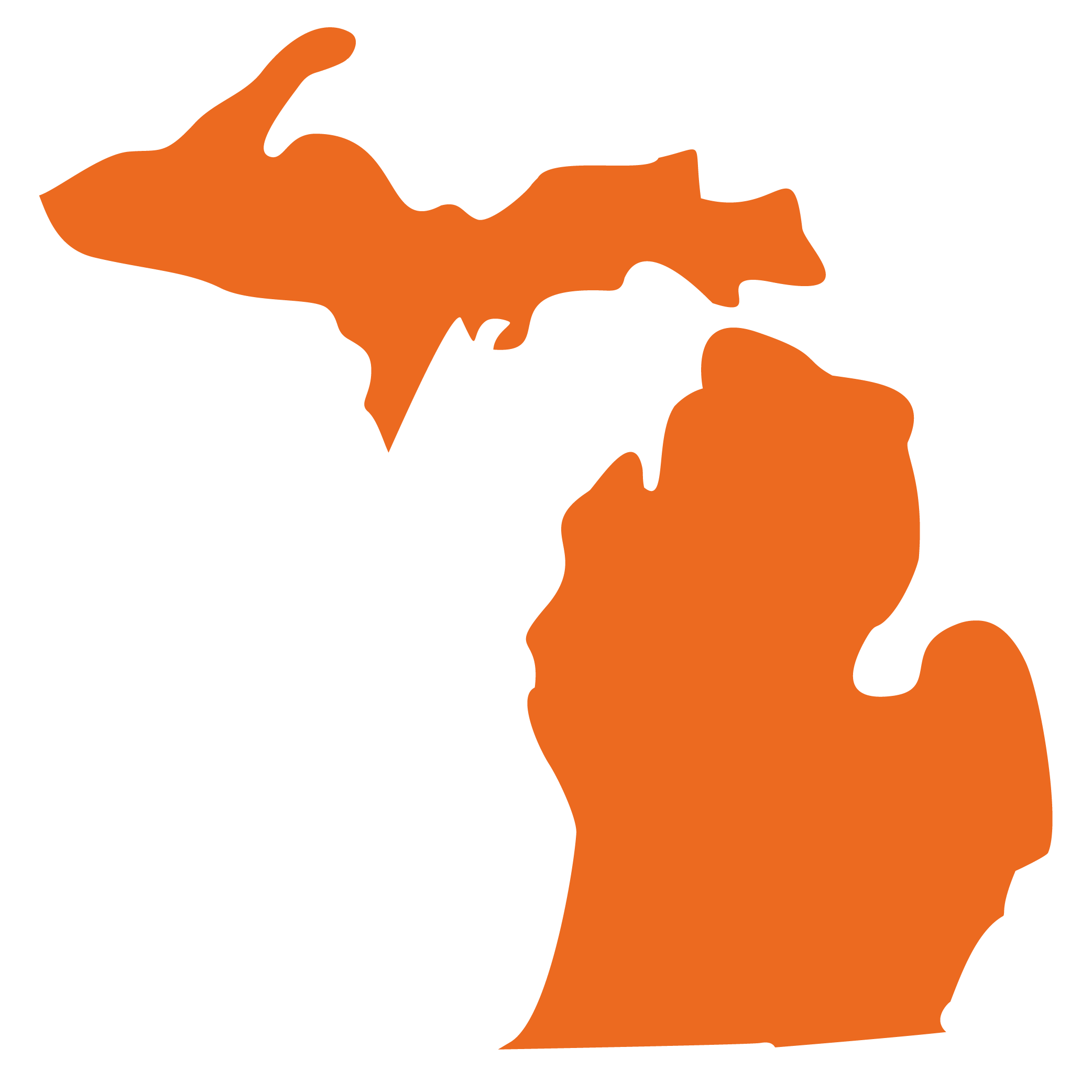
94%
are Michigan residents representing 45 counties

86
birth countries represented
of new students (first-year and transfer) are first-generation college students
students of color
are Pell eligible
Academics
Major programs
Minor programs
Academics
Graduate programs and certificates
Doctoral programs
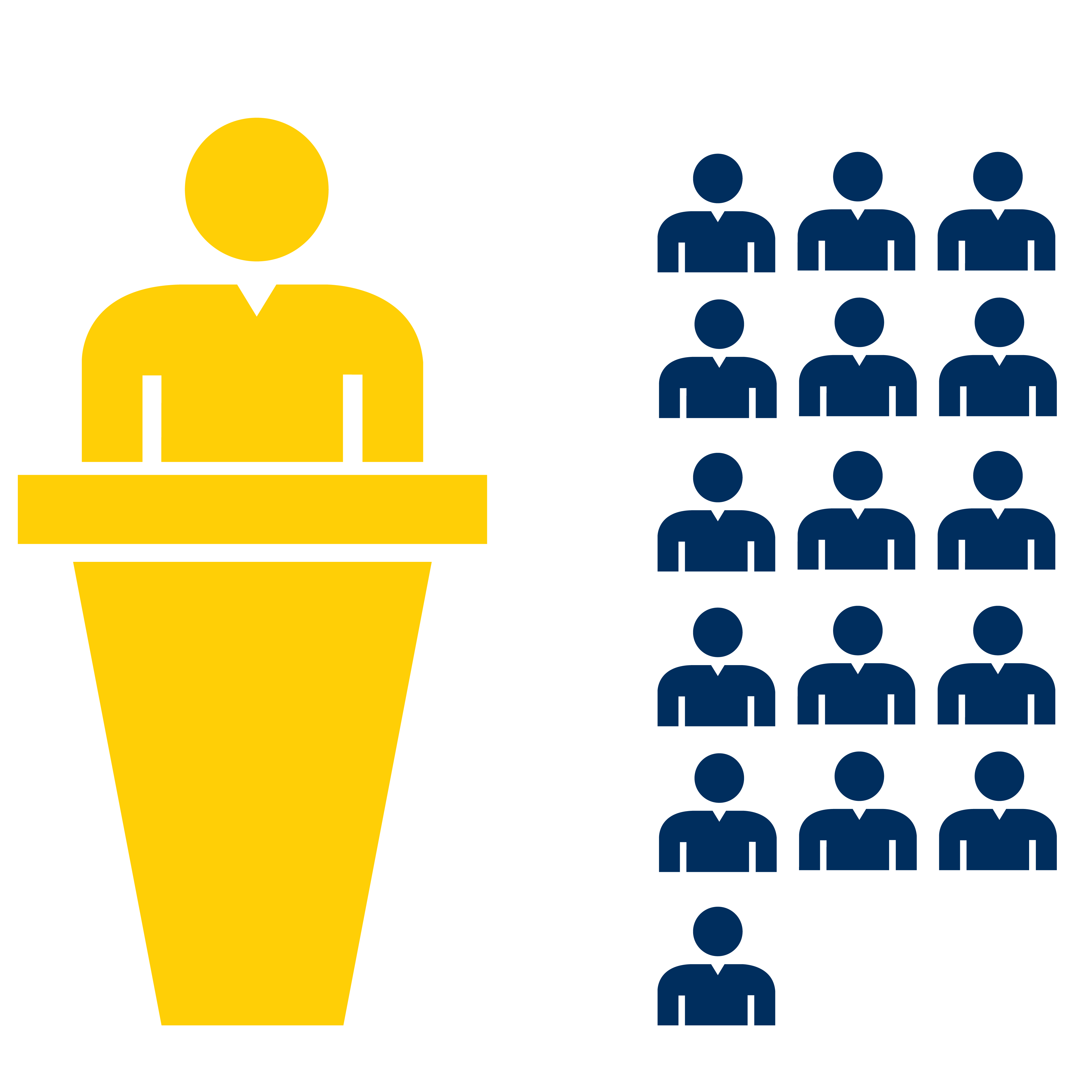
1:16
faculty : student ratio
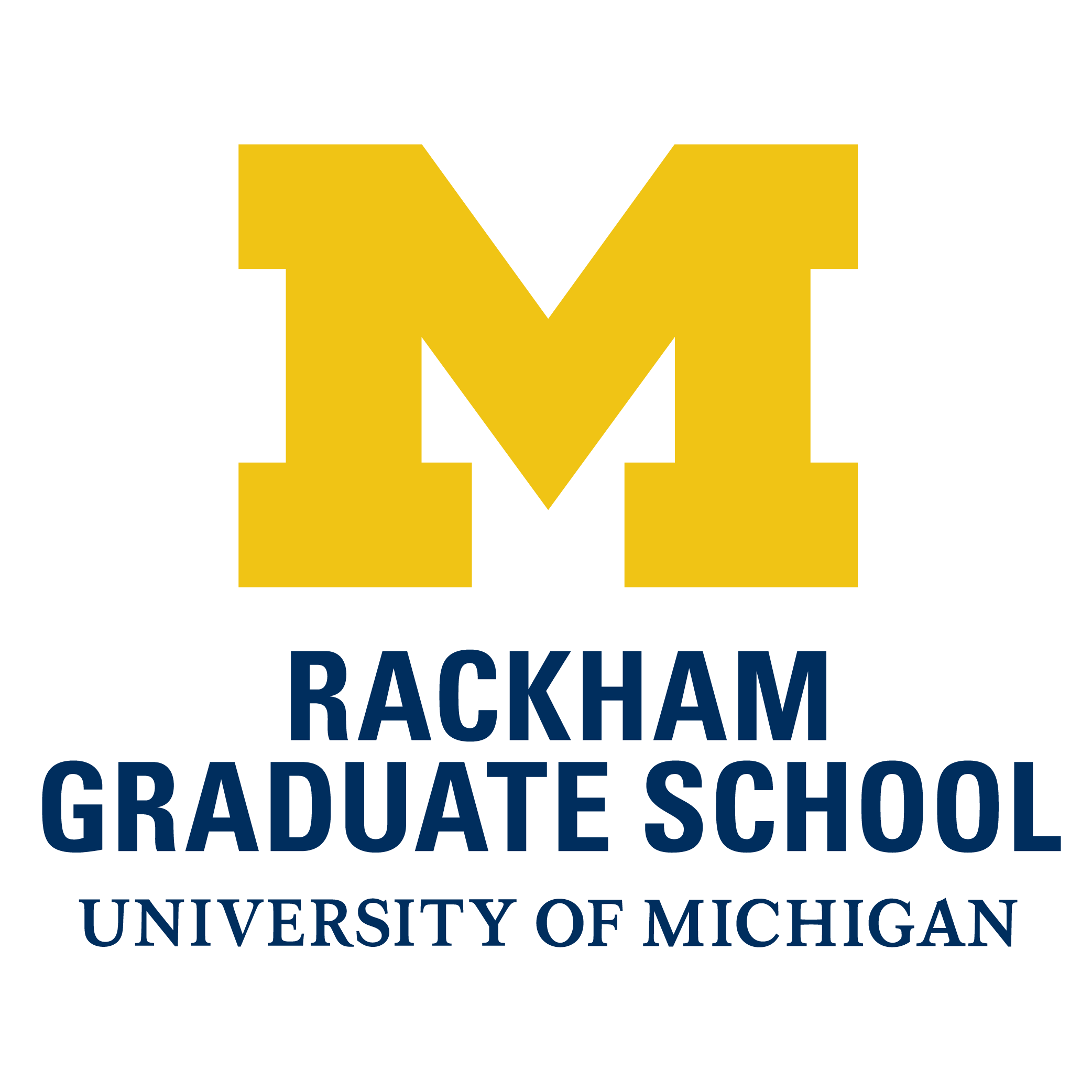
All Ph.D. programs are Rackham sanctioned
Average class size
of classes have less than 30 students
UM-Dearborn is home to four colleges

College of Arts, Sciences, & Letters

College of Business

College of Education, Health, and Human Services

College of Engineering and Computer Science
Research
Total Awards:
$12,000,697
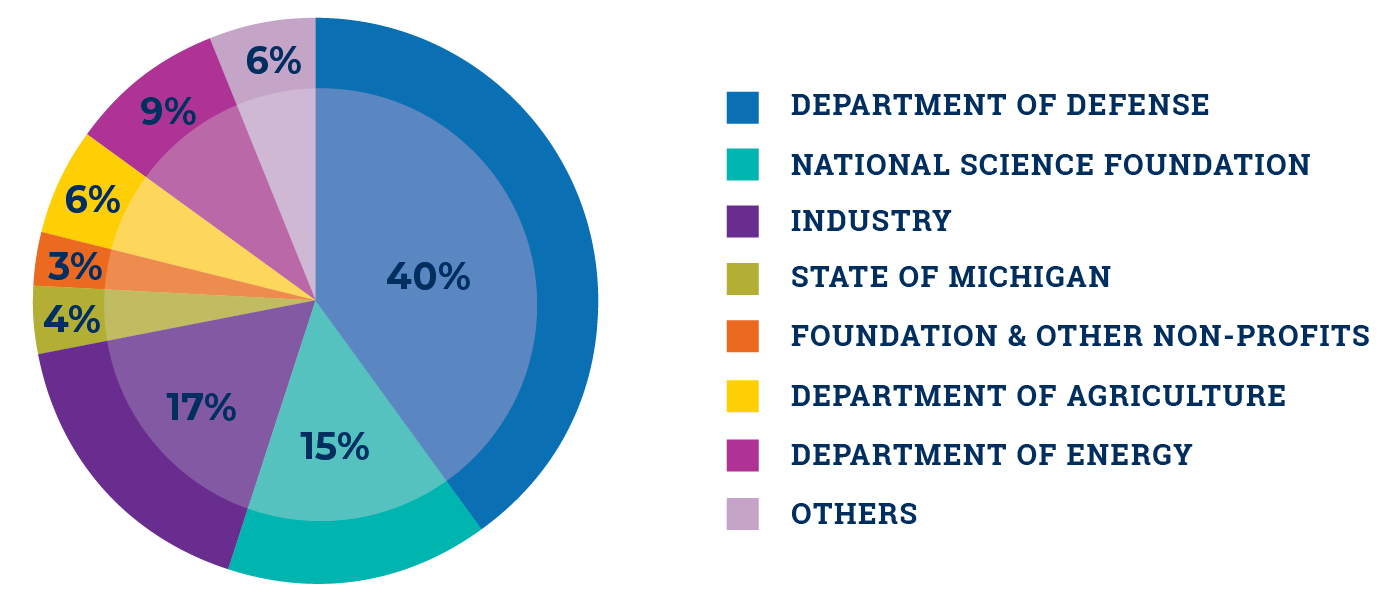
After Graduation
median annual earnings of students after graduation among 15 Michigan public universities
Information based on students who received financial aid 10 years after entering school.
Source: According to the U.S. Department of Education College Scorecard
investment compared to future value of 10-year earnings among 15 Michigan public universities
Source: According to the Georgetown University Center on Education and the Workforce Report
UM-Dearborn alumni, part of the 680,000+ strong U-M alumni network
of students who accepted employment in 2023-24 stay in Michigan following graduation**

77%
are employed**
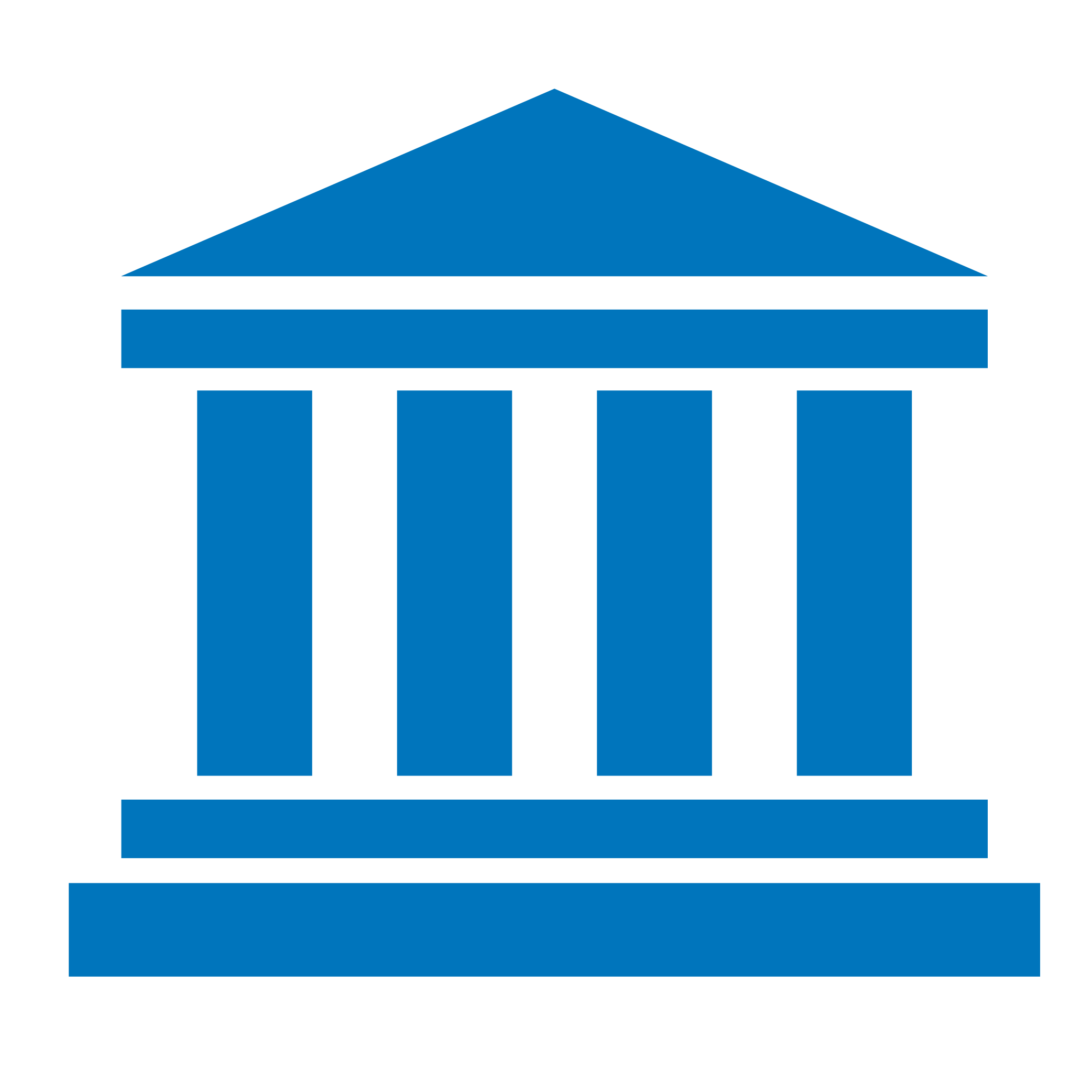
16%
are attending graduate school**
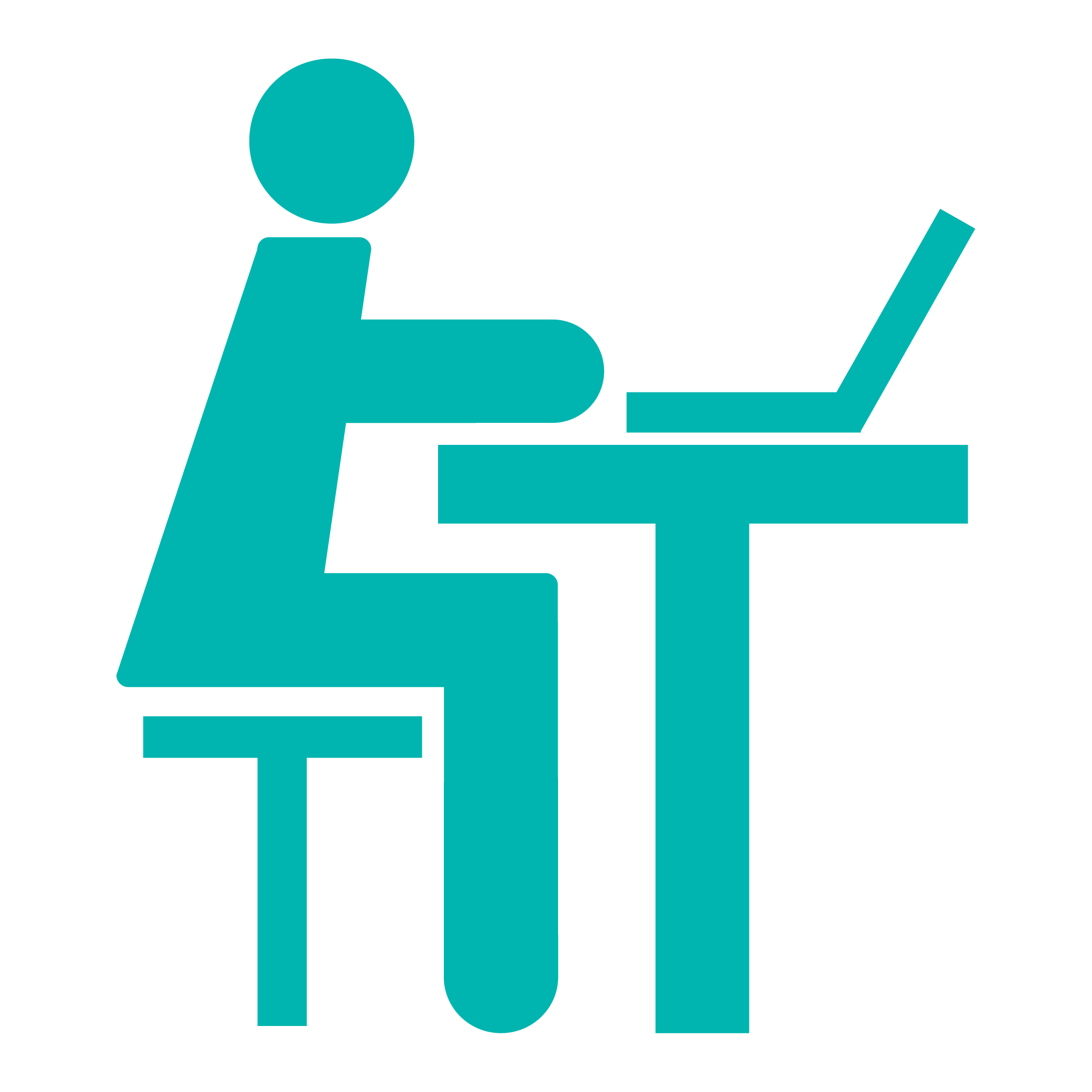
22%
are still seeking employment (some attending graduate school may also be seeking employment)**
** Based on UM-Dearborn Career Services survey of the Class of 2023-24, ~59% knowledge rate, combines survey responses with knowledge gained from LinkedIn. This data may not equal 100% due to respondents falling across multiple options.
Keeping College Affordable
average annual costs among 15 public Michigan universities
According to the U.S. Department of Education College Scorecard
National Recognition
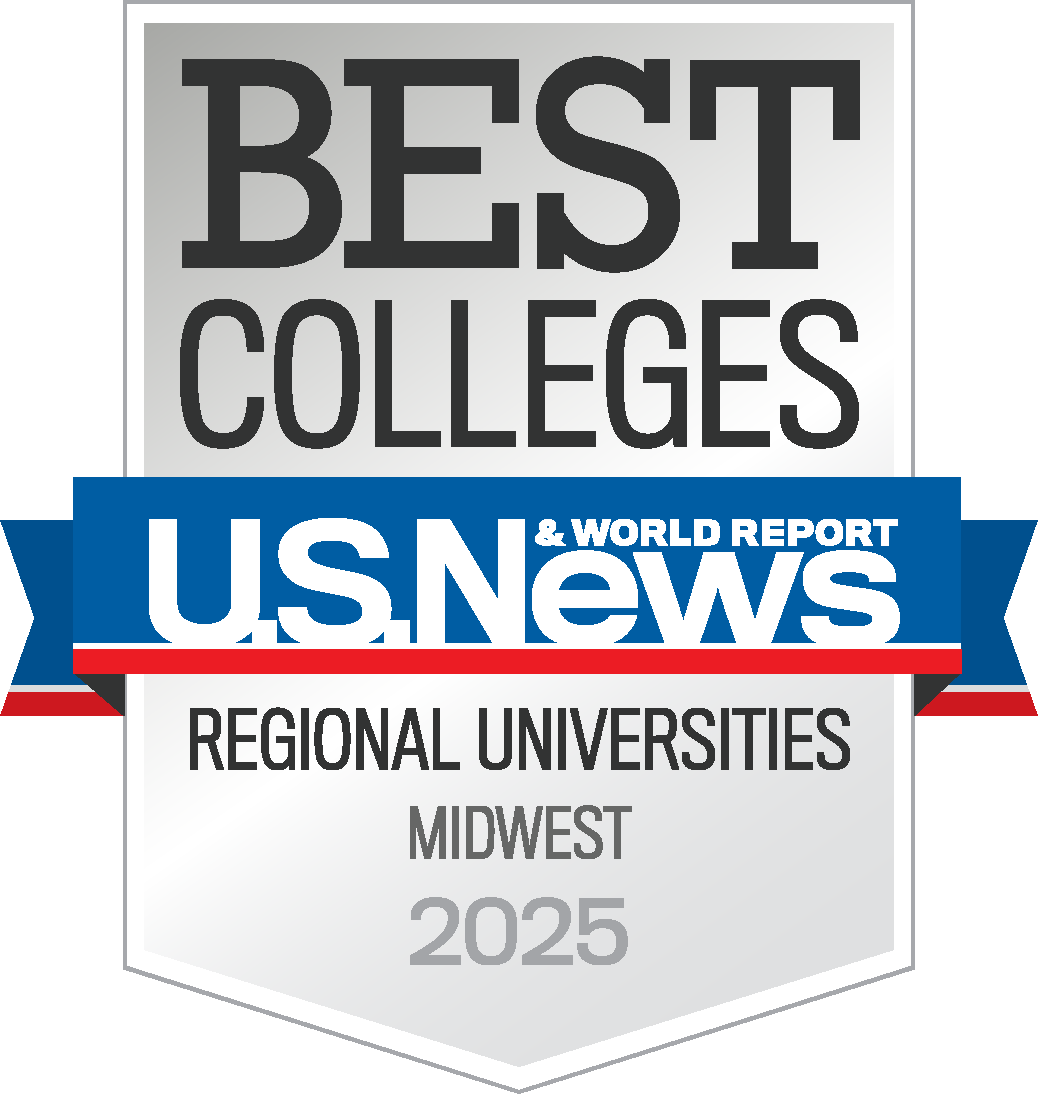
U.S. News & World Report has consistently named UM-Dearborn one of the best regional universities in the Midwest. This year the university was ranked the number one regional public universities in Michigan and 3rd in the Midwest.
Washington Monthly recognized UM-Dearborn as a top master’s degree university based on the university’s contribution to the public good, the university was also named a “Best Bang for the Buck” school and appeared on the Best College for Student Voting list. The university was also recognized on the Forbes list of America’s Top Colleges.
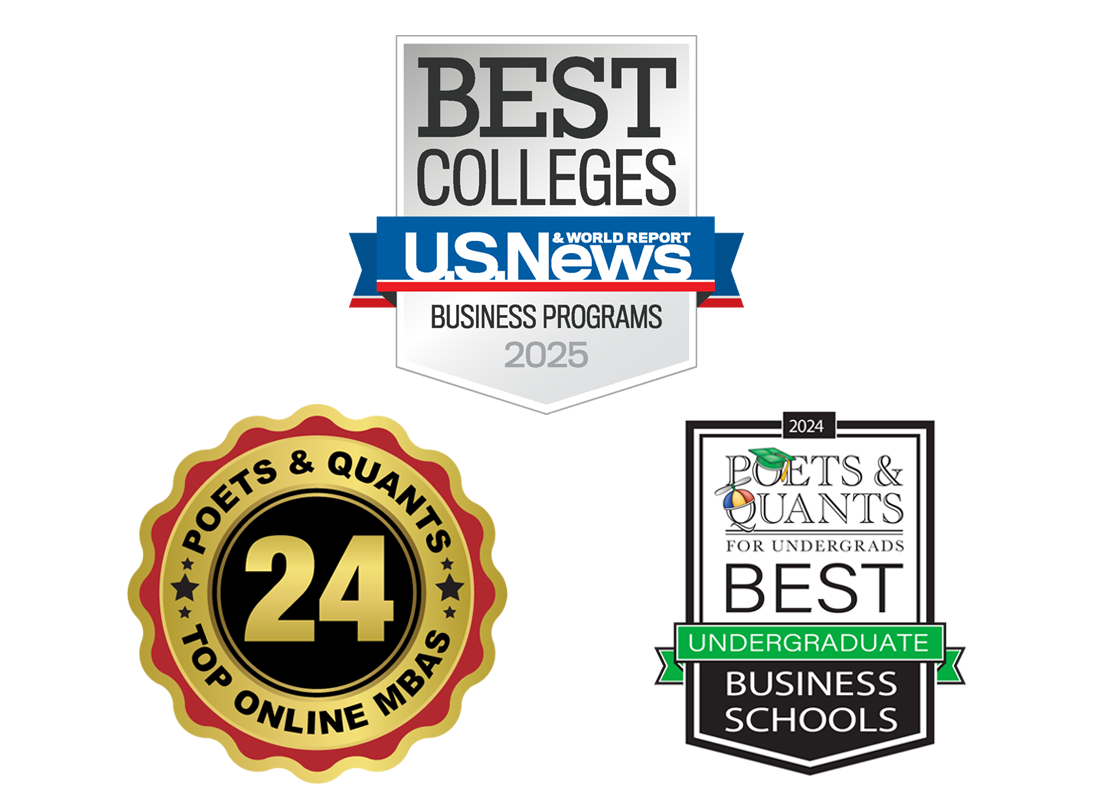
College of Business programs are among the nation's best, according to U.S. News & World Report, Poets & Quants and Princeton Review.
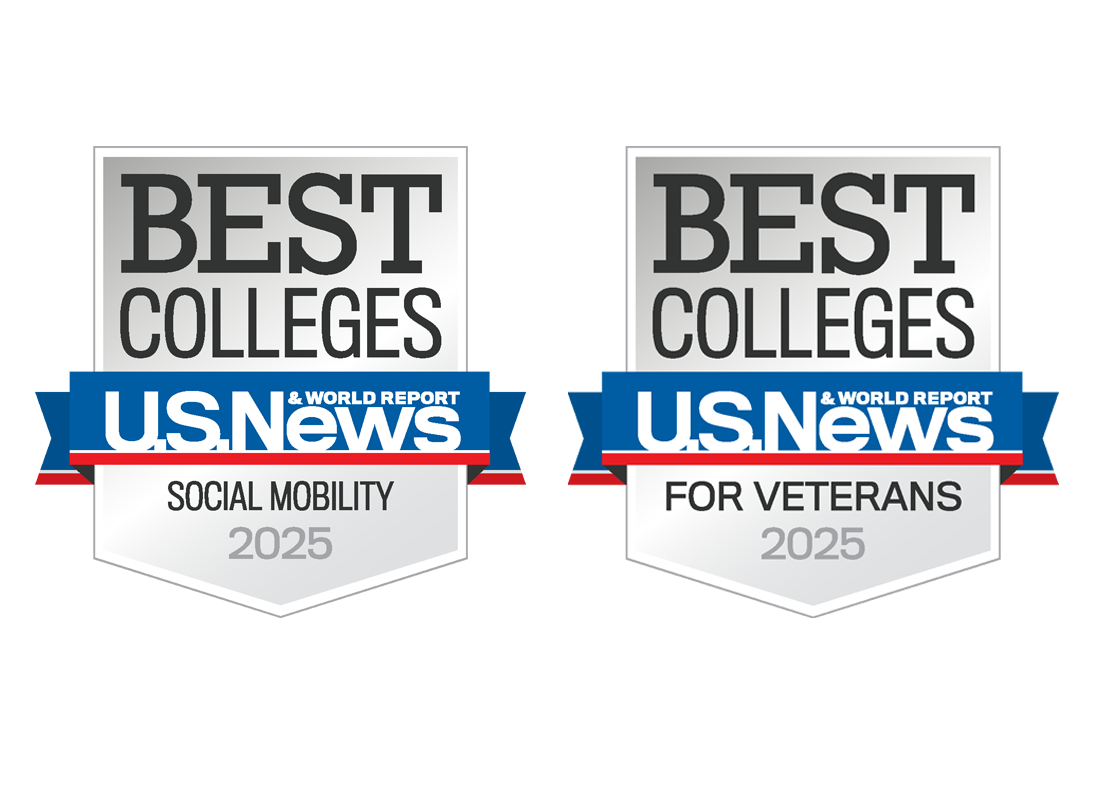
Ranked #1 regional public university in Michigan for Social Mobility and Veterans by U.S. News & World Report.
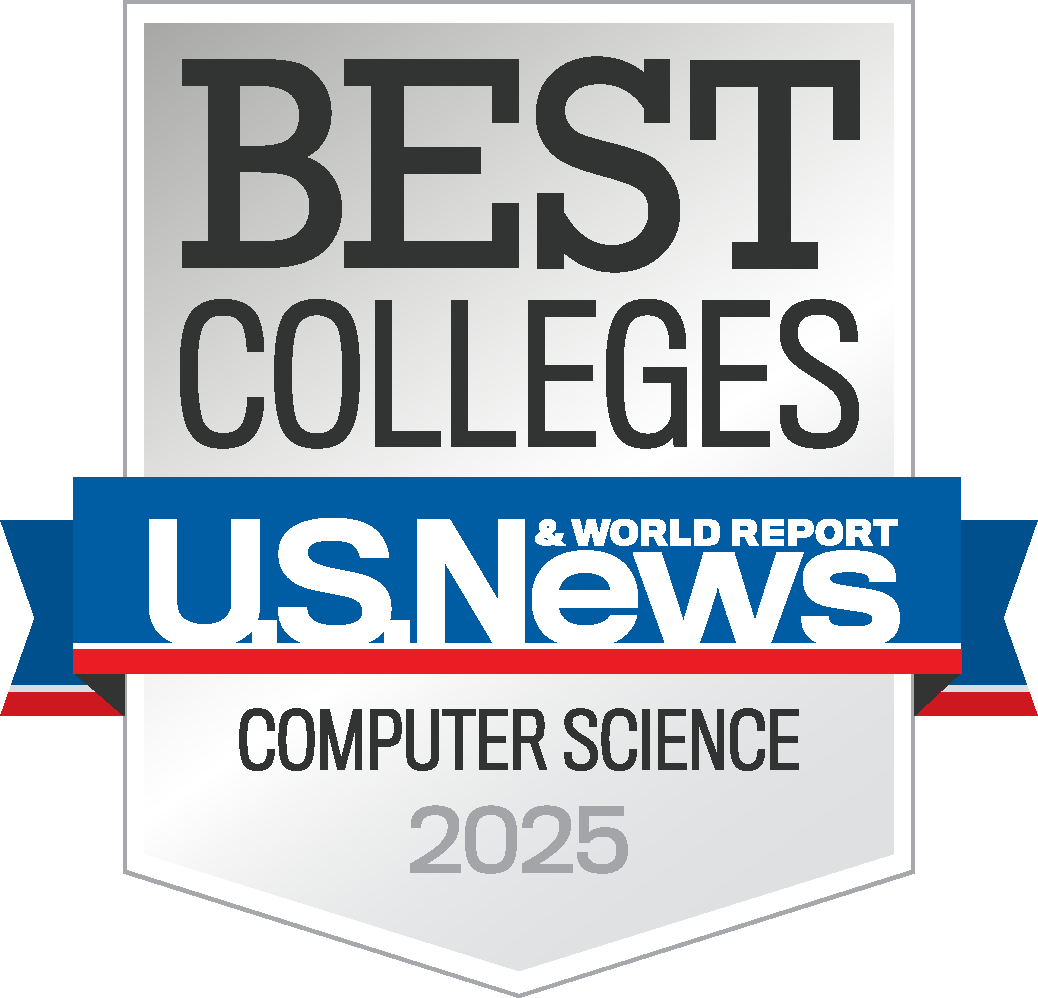
The College of Engineering and Computer Science again ranked among the top Michigan public universities that offer doctoral degrees with the computer science program appearing on a list recognizing the top undergraduate programs.
UM-Dearborn was one of just 359 campuses to receive the community engagement classification from the Carnegie Foundation for the Advancement of Teaching. There are more than 2,600 four-year institutions in the nation eligible for this designation.
Rankings and Honors
- UM-Dearborn has been recognized as a veteran-friendly school at the gold level by the Michigan Veterans Affairs Agency, which recognizes institutions of higher learning for their commitment to supporting student veterans and their dependents on campus.
- The university was recognized for its commitment to community engagement with the 2015 Engaged Campus of the Year award from the Michigan Campus Compact (MCC).
Accreditation
The University of Michigan-Dearborn earns its accreditation through the Higher Learning Commission (HLC), the regional accrediting organization approved by the Council for Higher Education Accreditation (CHEA) for degree-granting institutions in the state of Michigan. Learn more about our accreditations.
